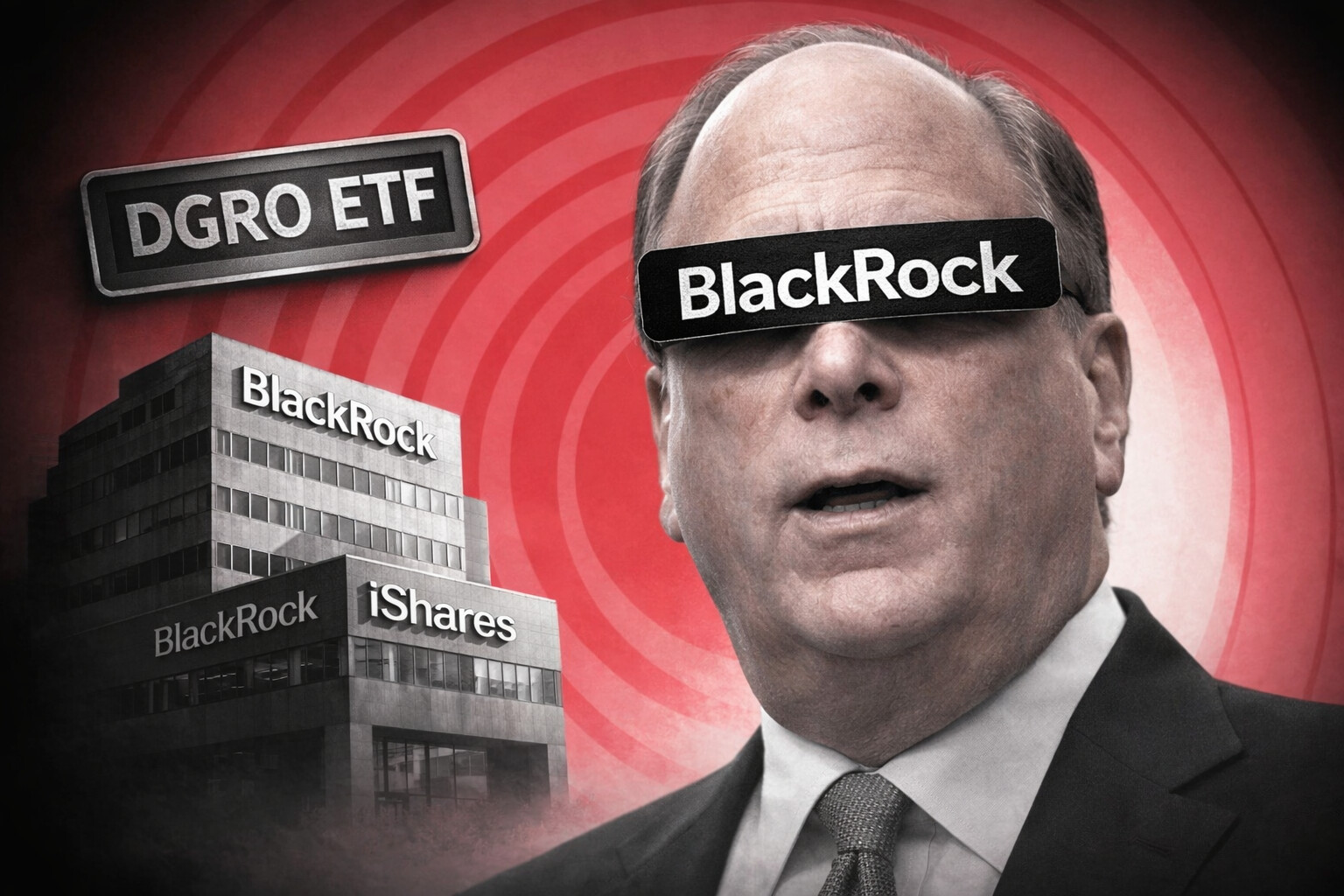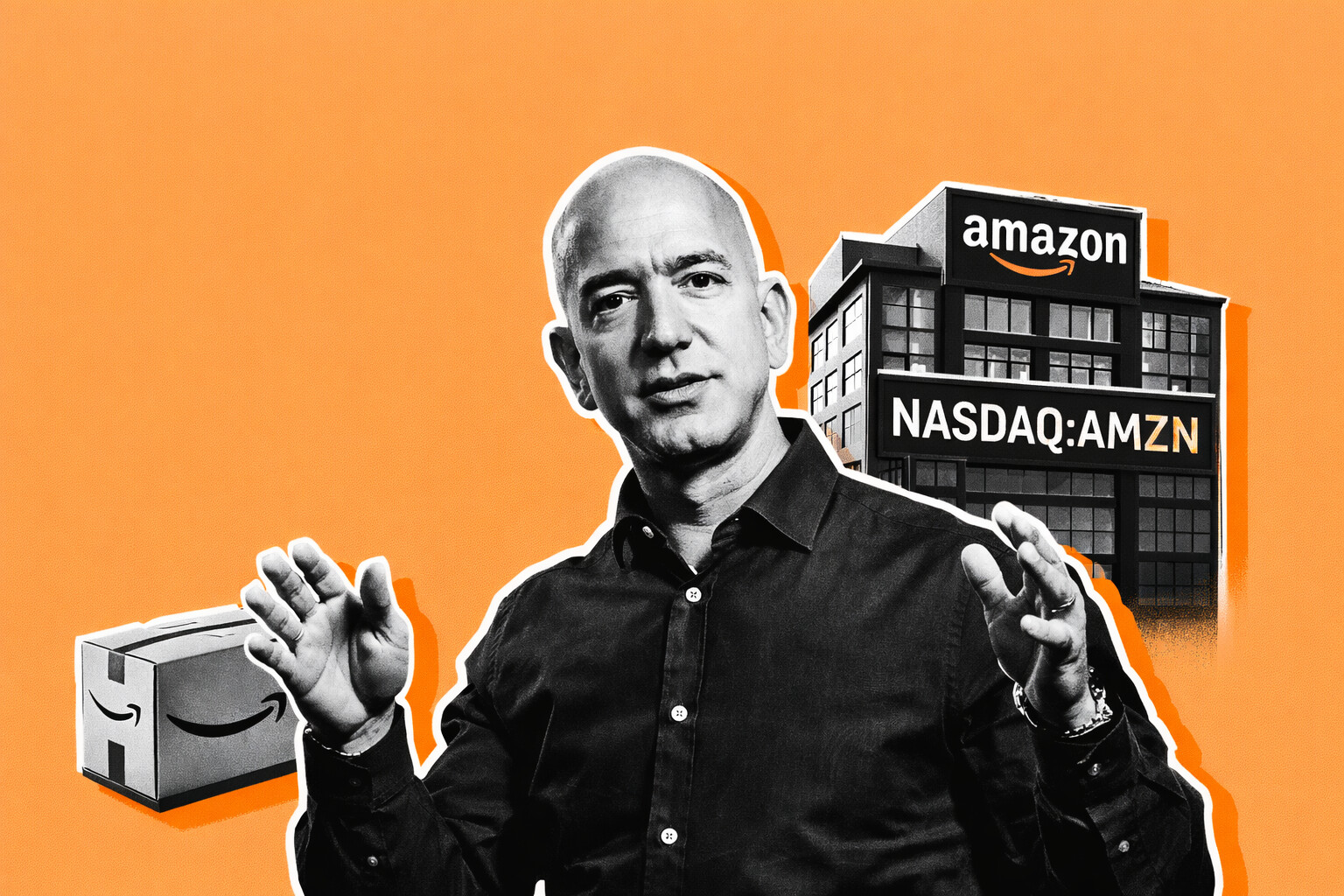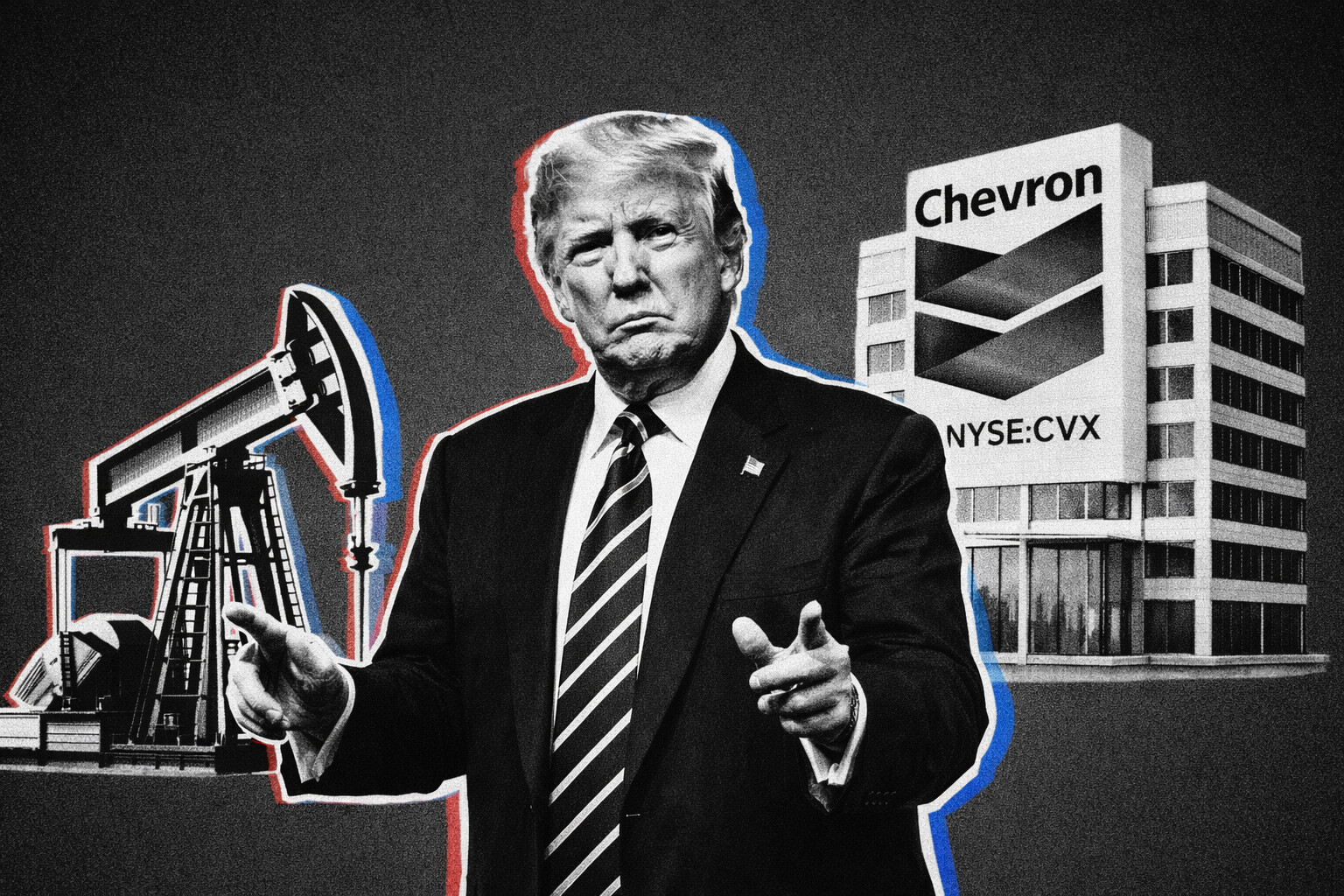Impact of Tariffs on the Stock Market and Corporate Earnings
The U.S. stock market faces renewed volatility as President Trump's latest tariff measures, coupled with heightened trade uncertainties, continue to reverberate through investor sentiment. The S&P 500 (^GSPC) experienced a significant pullback, falling 0.6% to break a nine-day winning streak, its longest in over two decades. The Dow Jones Industrial Average (^DJI) also saw a decline of approximately 0.3%, while the tech-heavy Nasdaq Composite (^IXIC) slipped 0.7%. These moves reflect growing concerns over the impact of President Trump's tariff policies on U.S. companies, especially with fresh threats of 100% tariffs on foreign-made films and ongoing fears of a broader trade war with China.
The latest data points to mounting pressure on major industries. Ford Motor Company (F) revealed it would be unable to meet its 2025 guidance due to the adverse impact of new auto tariffs, which are expected to cost the company an additional $1.5 billion in adjusted EBIT for the year. While Ford's earnings exceeded expectations in the first quarter, the uncertainty surrounding tariff policies forced the company to retract its previous outlook for the remainder of 2025. Other industries are also feeling the effects, with Mattel (MAT) and Vertex Pharmaceuticals (VRTX) reporting mixed results amid tariff concerns.
Technology Stocks under Pressure Amid Tariff Uncertainty
The tech sector, a key driver of the recent market rally, has also come under pressure. Palantir Technologies (PLTR), for instance, saw its stock plummet nearly 7% in after-hours trading after reporting earnings that were in line with Wall Street's expectations but failed to meet the sky-high expectations built around its AI-driven growth. Despite raising its annual revenue outlook to $3.9 billion, up from $3.75 billion, analysts remain concerned about the company's high valuation, which currently stands at over 200 times its estimated earnings. This lofty price-to-earnings ratio makes Palantir one of the most expensive stocks in the Nasdaq 100 Index, prompting doubts about its ability to sustain growth at these valuations.
In contrast, Advanced Micro Devices (AMD), a leader in the semiconductor space, saw a slight uptick of 3% as traders looked ahead to its first-quarter earnings report. However, the broader sector is grappling with challenges stemming from supply chain disruptions and the uncertainty around tariffs. The technology sector continues to face a delicate balancing act between strong earnings growth and the risks posed by trade tensions and high valuations.
Oil Prices and Global Supply Dynamics
Oil markets also face a tumultuous period, with prices reaching a four-year low as OPEC+ announced plans to increase production levels. West Texas Intermediate (CL=F) dropped below $57 a barrel, while Brent Crude (BZ=F) slid to around $60. The OPEC+ decision to raise output by 411,000 barrels per day starting in June is part of a broader strategy to unwind previous production cuts. This move, combined with fears of a global economic slowdown exacerbated by ongoing trade wars, has put significant pressure on the commodity market. Goldman Sachs revised its forecast for Brent and WTI crude, predicting average prices of $60 and $56, respectively, for the remainder of 2025, citing high spare capacity and the potential for a recession. The bearish sentiment surrounding oil prices is compounded by the trade disruptions caused by U.S. tariffs, particularly the impact on demand from major markets like China.
Berkshire Hathaway Faces Transition as Warren Buffett Steps Down
Another key development that shook investor sentiment was Berkshire Hathaway (BRK-B, BRK-A) announcing that Warren Buffett would step down as CEO in 2026. While the move had been anticipated, it still sent ripples through the market, with Berkshire shares falling by more than 5% on the news. The company has nominated Vice Chairman Greg Abel as Buffett’s successor, which is expected to mark the beginning of a new era for the conglomerate. Despite the leadership transition, Berkshire Hathaway remains a strong performer, with its stock up over 14% year-to-date, outperforming the broader market. Investors are now closely watching how the leadership change will impact the long-term strategy and performance of the company, particularly its diverse portfolio of investments in insurance, energy, and consumer goods.
Gold Prices Rise Amid Economic and Geopolitical Uncertainty
In the face of geopolitical and economic uncertainties, gold prices have risen significantly. The precious metal surged nearly 3% on Monday, trading above $3,387 an ounce, as investors flocked to safe-haven assets. The rise in gold prices is largely driven by the weaker U.S. dollar (DX=F), which has been affected by President Trump's trade policies and their potential to disrupt global growth. As the dollar falters, gold becomes more attractive to international buyers, further boosting its demand. This flight to safety is also reinforced by ongoing concerns over global economic growth, particularly in light of the Federal Reserve's cautious stance on interest rate cuts.
Media Stocks Decline Amid New Tariff Proposals
The media sector has also faced significant headwinds, with stocks like Netflix (NFLX), Walt Disney (DIS), and Warner Bros. Discovery (WBD) taking a hit following President Trump’s announcement of a potential 100% tariff on foreign-produced films. This unexpected move sent shockwaves through the entertainment industry, with Hollywood studios expressing concerns that such tariffs could devastate mid- to low-budget film production. The proposal, which would impose tariffs on films produced outside the U.S., threatens to disrupt the global film production ecosystem and increase costs for major studios. Netflix, for example, saw a 4% decline in its stock, while Disney's shares dropped by over 2%. The uncertainty surrounding the implementation of these tariffs has created a challenging environment for media companies, especially those with significant international production operations.
Ford and Other Auto Stocks Struggle with Tariff Impacts
Ford's (F) decision to pull its guidance for 2025 has left the auto sector on edge, particularly as President Trump's tariff policies continue to impact the industry. While Ford's earnings exceeded expectations in the first quarter, the company warned that the newly imposed tariffs would result in a $1.5 billion negative impact on its earnings before interest and taxes (EBIT) for the year. Ford's cautionary stance regarding the future of its guidance highlights the broader risks faced by automakers in a climate of tariff uncertainty. Ford's domestic manufacturing strategy, which shields it from some of the impacts of foreign import tariffs, may not be enough to offset the broader disruptions in the supply chain caused by these duties. Investors are advised to monitor how the situation develops, as it could have lasting effects on the automotive sector’s performance.
Skechers Gains on Acquisition Announcement
On a more positive note, Skechers (SKX) saw its stock jump by over 25% following the announcement that the company would be acquired by 3G Capital for $63 per share, a 30% premium to its current market price. The acquisition will take Skechers private, marking a significant turning point for the company. This deal highlights the increasing interest from private equity firms in consumer-driven businesses, especially in an environment where companies with strong brand recognition and growth potential are becoming more attractive targets. While Skechers' stock surged, this move signals a shift in the retail market, as private investors seek opportunities amidst ongoing market volatility.
Economic Data Points to Mixed Outlook for U.S. Services Sector
The services sector, a critical component of the U.S. economy, continues to show signs of mixed performance. The Institute for Supply Management’s services index increased to 51.6 in April, signaling modest expansion, while the S&P Global Services PMI dropped to 50.8, its lowest level since November 2023. These contrasting readings point to a slowdown in the broader services sector, which may be exacerbated by trade uncertainties and rising tariffs. Although some areas of the services industry, such as business services and healthcare, remain resilient, the overall outlook is clouded by concerns over inflationary pressures and supply chain disruptions, particularly in the face of ongoing tariff negotiations.
Final Thoughts: Navigating Uncertainty with Caution
As we look ahead, the market faces a period of heightened uncertainty. While strong corporate earnings and positive economic data provide some support, the overarching concern remains the trade war and its impact on global growth. Investors should remain cautious, particularly in sectors like technology, media, and automotive, which are most exposed to tariff risks. The Federal Reserve's upcoming policy decisions will be critical in shaping the economic landscape, and any shift in interest rate policy could have far-reaching effects on market sentiment.
In this volatile environment, a defensive approach may be warranted, with particular attention given to companies that can weather the storm of tariff-related disruptions. Stocks like Ford (F) and Palantir (PLTR) remain under pressure, while gold and defensive sectors like utilities and consumer staples may offer relative safety. As the economic landscape continues to evolve, the market will require catalysts for further growth, whether through a resolution of trade disputes or adjustments in monetary policy.



















